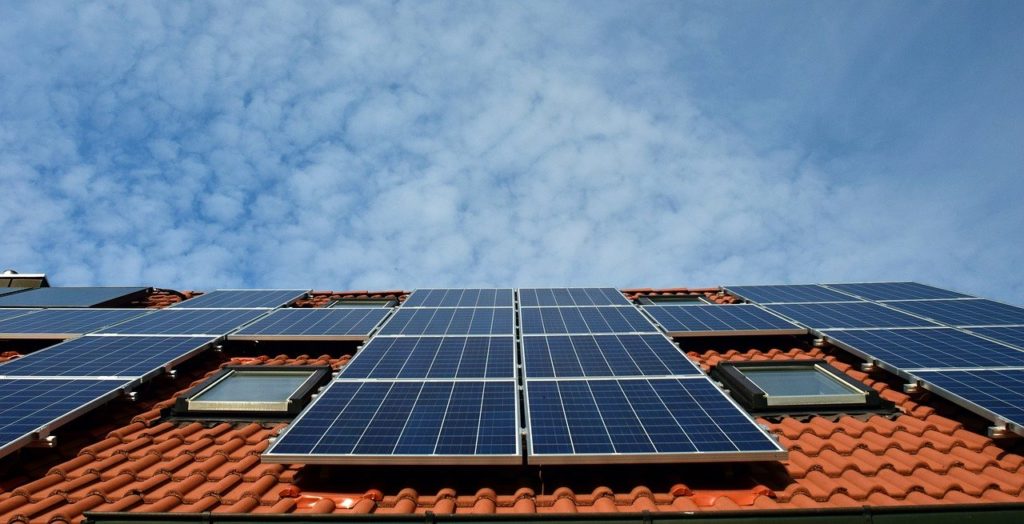Belgium has the technical means to achieve carbon neutrality in 2050, but there are many different paths to get there, according to a prospective study carried out by the FPS Public Health's Climate Change Department and presented on Tuesday.
Becoming a climate neutral country will require behavioural changes, technological progress and major investments in infrastructure, the study found.
It identified several scenarios that could lead to a climate-neutral Belgium in 2050, which is one of the main objectives of the Paris Climate Agreement.
The scenarios were developed using a tool, available online, which makes it possible to ‘play’ with the ambition levels of more than a hundred levers in all sectors of society (such as energy production, transport, buildings, agriculture, etc.) and assess the impact on the reduction of greenhouse gas emissions in 2050 and on resource consumption.
“It is a tool that will help fuel the public and societal debate,” said Federal Minister for Climate Zakia Khattabi.
“The democratic issue is at the heart of the transition, and it is only together and with full knowledge of the facts that we will be able to achieve our climate objectives.”
Related News
- EU Green Week puts the spotlight on zero pollution
- Activists colour European parliament green amid controversial farming policy discussions
Among the possible paths, a behavioural scenario focused on lifestyle changes in certain areas, such as mobility, housing and food.
A technological scenario focused on the deployment of energy efficiency technologies and decarbonised fuels such as synthetic fuels or hydrogen.
A central scenario was based on a balanced approach between the behavioural and technological dimensions.
Finally, a so-called “high demand” scenario explored the implications of a trajectory characterised by higher energy demand than the previous scenarios.
The exercise aimed to show that climate neutrality in Belgium by 2050 is technically feasible, “even if it represents a great challenge in all sectors and requires systemic changes, both behavioural and technological.”
In terms of individual behaviors, a reduction in travel or a change in diet (less meat consumption, in particular), for example, represented levers for significantly reducing greenhouse gas emissions.
The study also indicates that the transition to carbon neutrality will require more investment in infrastructure, an end to the use of fossil fuels and a massive increase in the use of renewable energies, especially wind and solar power.
The Brussels Times

